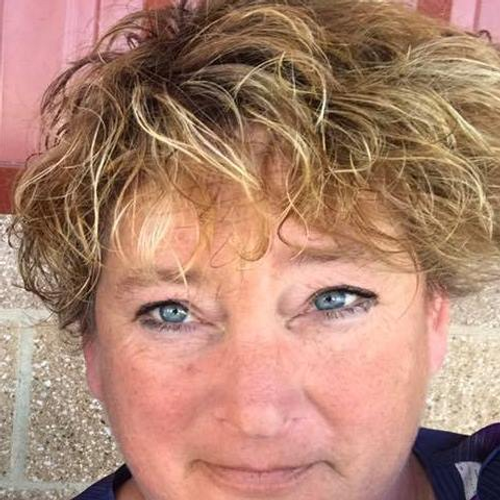Dog Trainers and Dog Breeders Working Together
[caption id="attachment_8671" align="alignleft" width="270"] Kayley Paylor and her Azawakh.[/caption]
Kayley Paylor, like many professional dog trainers, started in her profession after acquiring a rescue dog that had issues. She became a huge advocate for the predictability and reliability of well-bred purebred dogs as a result. Paylor joins host Laura Reeves to tackle the “elephant in the room” when it comes to dog breeders and dog trainers working together.
“It's one of those issues where you don't even realize that that type of (animal rights) agenda is sneaking in because the line between animal welfare and animal rights activists is a tough one,” Paylor said. “People who love their dogs and want the best for their dogs and trainers who want the best for dogs, it's really easy to lose track of what is actually best for them in the long term. Are we going to let them suffer with mental issues when we could just clarify the issue immediately with a consequence once that is appropriate.
“So, what I tend to see and what I ran into is, again, really well-intentioned individuals who get a rescue as their first dog. Mine had health problems, as is unfortunately common, and I didn't know that going into it. Epilepsy, dental issues, that type of thing. And some behavioral issues that come with, certainly, genetic temperament issues, but also just they didn't have a breeder that cared about the puppy, that gave them the solid foundation.
“I dug into the behavioral issues and what I started to see, when I went through my apprenticeship, … I saw all of these incredible women who had these purebred dogs that were predictable. That you could understand exactly what was going to happen. And so I started to understand ‘oh, OK, you understand exactly what you're going to get when you get that dog.’ I was lucky and I wasn't the only one. All of my colleagues that came in at the same time as I did all came from a rescue background.
“All of my colleagues went that way, where we started with rescues and ended up with purebred dogs. Because if you rescue dogs, you have to understand you're not getting anything predictable. You don't know the background.
“From a breeder perspective, I do wish that breeders had a little bit more trust in trainers … but it's just a breakdown in communication. Neither of them see all the good that the other one can do because of the bad in both communities.
“It's just about getting those well-bred dogs in front of trainers. Even if you know what you're doing. Even if you think you know what you're doing, taking them to a puppy group class for puppy play.
“On both sides of the issue let's just say R+ versus a balanced perspective, you're going to get people who understand dogs and their different needs and their different drives, and you're going to get people who don't.”
Listen to the entire episode above and hear Paylor’s insights on finding a good fit for a trainer to work with, training insights and so much more.

